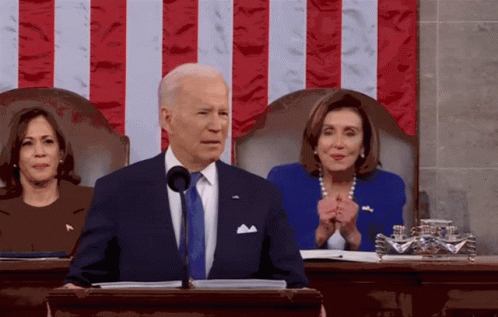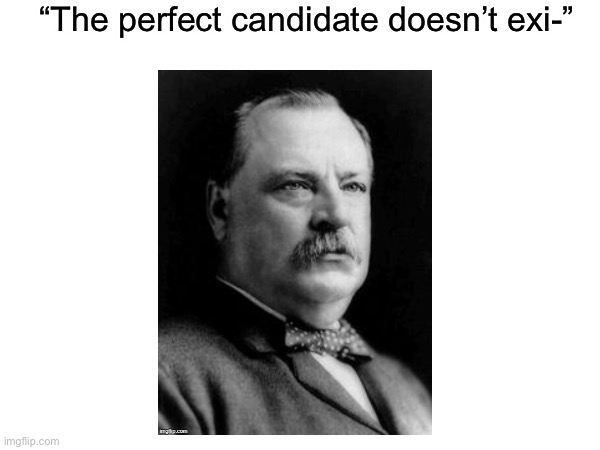‘Papa Doc Dies From His 1959 Heart Attack’.
At least no Baby Doc to worry about as he is only 8 years old in 1959.
‘Papa Doc Dies From His 1959 Heart Attack’.
Anything that gets Henry VIII killed at the earliest possible convenience is a positive. If the Catholics can reverse the ruinous actions of his reign (e.g. restoring the monasteries and the important social and intellectual role they fulfilled), this is a big plus. If they can erase the notion of the monarch as head of a national church, that's also an enormous benefit (the doctrine of the two swords is, functionally, the foremost reason why Western civilisation has historically had so few monolithic governments).
I can only see this leading to a better outcome than OTL.
I think you're back-projecting the much later realities (Catholic monarchs as defenders of Royal absolutism) onto an earlier time, where those assumptions don't fit. Henry VIII was the progenitor of that absolutism. Killing him off (and erasing his vile legacy) removes the problem early on.
A bloody civil war prompting foreign intervention could be very unpleasant in the short term, but if we take the long view, I believe odds are that it's still better than allowing Henry VIII's legacy to stand.
"Prolonged Catholic domination", however, would be a major improvement over OTL. The Catholics wouldn't have to power to remove non-Catholics altogether anyway. What they'd be able to force would be... toleration. You know, the exact thing that the anti-Catholics of OTL denied the country in the their very real "bitter clampdown" and structural discrimination of Catholics?
OTL was the "nasty idea", I'd say. This ATL sounds like a fairly decent remedy.
Not really, just accepting the reality of the times. Absolutism in England dated back to William the Savage in 1066 and its prime limitation was the occasional weakness of the monarchs to other forces, generally powerful nobles. It was similar in most states across the continent. This absolutism was generally supported by the Catholic church as it increased their own control.
The idea that the Catholic church in this period would support tolerance is farcical. No religious faction in this period did so, with rare local exceptions possibly and it took the bloodshed of the Reformation and Counter-Reformation to finally drive at least some states to accept the idea of religious tolerance to any degree. The Papacy of the time was definitely not an exception.
Not really, just accepting the reality of the times. Absolutism in England dated back to William the Savage in 1066 and its prime limitation was the occasional weakness of the monarchs to other forces, generally powerful nobles. It was similar in most states across the continent. This absolutism was generally supported by the Catholic church as it increased their own control.
The idea that the Catholic church in this period would support tolerance is farcical. No religious faction in this period did so, with rare local exceptions possibly and it took the bloodshed of the Reformation and Counter-Reformation to finally drive at least some states to accept the idea of religious tolerance to any degree. The Papacy of the time was definitely not an exception.
A possible violent collapse of the Eastern European communist regimes, along with the violent collapse of the USSR, could do the trick. I could see Poland being the front runner for the whole truth and reconciliation thing, though falling short of forgiveness due to the lingering hatred of communism after its collapse.‘AHC: Ex-Communist Regime Conducts Truth And Reconciliation Commission’.
Not really counting Cambodia here, since it needed Vietnam counter-invading to oust Pol Pot and make trials for the remaining Khmer Rouge leadership possible in the first place. Apartheid was horrid for sure, but at least the white-minority government eventually stepped aside and largely cooperated when the ANC finally came to power and tried to turn the country around. Russia, China, and a host of other communist regimes, on the other hand, have yet to acknowledge their own bloody legacies — despite being every bit as bad as (and in many cases, worse than) Apartheid South Africa.
A possible violent collapse of the Eastern European communist regimes, along with the violent collapse of the USSR, could do the trick. I could see Poland being the front runner for the whole truth and reconciliation thing, though falling short of forgiveness due to the lingering hatred of communism after its collapse.
Theres also another Possibilty. Look at France, where you basically had a series of bloody wars charecterized by extreme pogroms and assinations, fought on and on for hundreds of years until the Catholics forced there supremacy. Thats perfectly possible in England.I expect that over time, a new Catholic consensus will emerge as Protestant sentiment (brought to life by Henry VIII) fades out of popularity; although "English Catholicism" is probably always going to be a bit of a unique spin from then on. But this will happen slowly, and without Henry's criminal misconduct, it'll happen without any major upheavals.
Theres also another Possibilty. Look at France, where you basically had a series of bloody wars charecterized by extreme pogroms and assinations, fought on and on for hundreds of years until the Catholics forced there supremacy. Thats perfectly possible in England.

Wasn't Carthage a mercantile empire before Rome wiped it off entirely?
Let's see. How about preventing the US from getting involved with Hawaii and the Philippines? Although we might have to go further back, before the ACW.

Wouldn't that Bryan guy also be a well suited President who would also be an isolationist candidate to prevent the US from getting involved in imperialist projects?
Sight.Church NEVER supported absolutism,becouse it mean state control over Church.That is why medieval Europe was free - free Church,free cities,free nobles with relatively weak Kings without standing army which need consensus of their subjects to rule.
When protestants made their churches part of state,which with added standing armies made absolutism possible.
Reformation lead to Absolutism,becouse it have power to rulers over Church.
Your first first paragraph indicates the solution to the issue you raise in the second one. The Catholics in England wouldn't be able to bloodily suppress all non-Catholicism, and in fact that wasn't even their aim at the time. You might have noticed that these supposed tyrannical Catholics that we're talking about wanted to keep Henry as King. They just wanted to make him to stop his brutal and tyrannical persecution of Catholics.
The major underlying error in your historiography is that you refer to occasional weakness of the monarch, whereas in reality, there was occasionally a monarch who could at times exert absolute power. That you depict the Church as supportive of absolute monarchy betrays a skewed view of this relation. Surely the investiture controversy hasn't passed you by? The entire pre-Reformation history of Europe can be explained as a balance of power between temporal and ecclesiastical authority (with the latter supporting the monarch against the nobles, or the other way around, specifically to prevent a too-united emporal power that could potentially opt for Byzantine-style Caesaropapism).
If the Catholics remove Henry VIII, they're still presiding over a divided country, and neither their actual goals nor their abilities extend to forcing Catholicism in everyone. They'll see a Catholic monarchy restored, and Henry's policies reversed. To actually form a coalition capable of reigning, they'll have to embrace the support of any influential player willing to accept this new status quo. That will include non-Catholics who previously backed Henry. In fact, a major player from the royalist side doing so and taking on the leading role among the rebels is the POD. What, you expect these Catholic rebels to suddenly try and murder their (partially Protestant!) cadre of backers in a mad purity spiral? No! They get a Catholic monarch, a restoration of the Church's holdings, and the Protestant figures who support replacing Henry with a Catholic monarch get influential positions-- and certainly the freedom to practice their own religion. (Indeed, the attraction to them will be that this king will be weak; precisely what benefits them.)
I expect that over time, a new Catholic consensus will emerge as Protestant sentiment (brought to life by Henry VIII) fades out of popularity; although "English Catholicism" is probably always going to be a bit of a unique spin from then on. But this will happen slowly, and without Henry's criminal misconduct, it'll happen without any major upheavals.
Let's see. How about preventing the US from getting involved with Hawaii and the Philippines? Although we might have to go further back, before the ACW.
